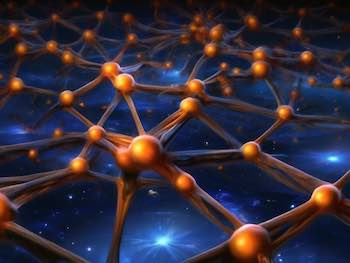Lowe’s ontology vs Surimposium
Lowe is famous author of an ontology with 4 categories: substantial universals (kinds), non-substantial universals (properties), individual substances (objects), instantiations of properties (modes). This classification is not satisfactory, leading to dualism and insoluble questions —why these 4 categories? Surimposium approaches ontology much more simply by placing it in the complex dimension. In summary: Properties are … Read more










